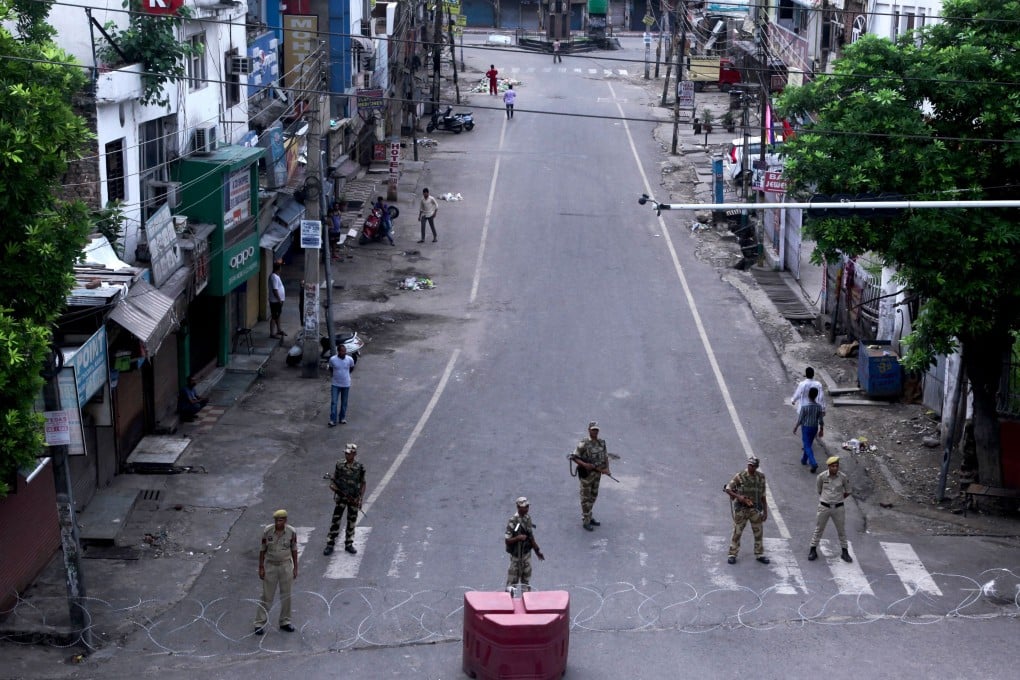Advertisement
Opinion | In Kashmir, Modi’s India may have won the battle but lost trust
- In the Indian political narrative, the Kashmir issue is arguably a mistake to be rectified. But the high-handed manner in which the government revoked the autonomy of Kashmir will not help the image of Indian democracy
Reading Time:3 minutes
Why you can trust SCMP
0

In a dramatic move that has significant political, legal and security implications for India and South Asia, Prime Minister Narendra Modi’s Hindu nationalist government on Monday revoked the special status the state of Jammu and Kashmir had enjoyed for decades under Article 370 of the Indian constitution.
The state is the only Muslim-majority one in a predominantly Hindu India, comprising three distinct geographical areas with diverse religious communities: the Hindu-majority Jammu, the Muslim-dominant Kashmir Valley, and the large, sparsely populated Ladakh region which is home to Buddhists. The former princely state of Kashmir had reluctantly agreed to join India after the partition of the subcontinent in August 1947.
Pakistan, which prioritised religion and saw itself as the natural claimant of all Muslim-dominated areas, sought to wrest control of Kashmir away from India by using military force but failed.
In 1948, Indian prime minister Jawaharlal Nehru took the Kashmir issue to the United Nations, which listed the region as a disputed area and would eventually monitor the Line of Control splitting the territory into two. This has been aggravated by the more recent recourse to jihadi terrorism supported by Pakistan.
In the political narrative of India, Kashmir has been interpreted by Modi’s Bharatiya Janata Party (BJP) and other parties as a monumental blunder made by Nehru and the Congress party. To the detractors, this mistake was compounded by Article 370, which was inserted in 1952 as a temporary provision and which accorded special status to the state of Jammu and Kashmir. Because Delhi promised the state considerable autonomy, it saw itself as different from the rest of India.
The alienation of the Kashmiri populace was not suitably redressed, a major failure of the Congress party. Through the decades, Article 370 was perceived as a semi-permanent arrangement pending the resolution of the Kashmir dispute that now involves India, Pakistan and China – for Islamabad ceded part of this disputed territory to Beijing in 1963.
Advertisement
